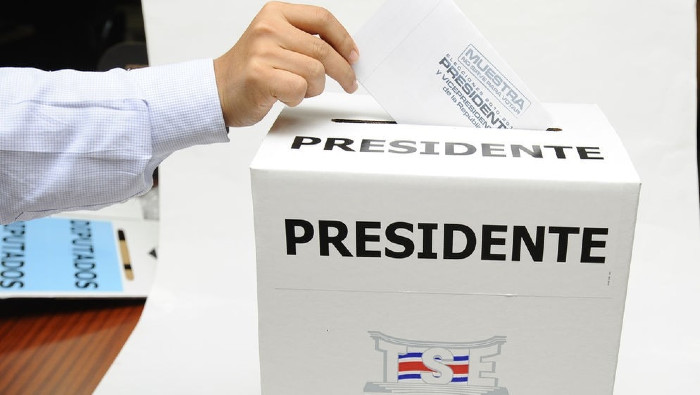The campaign halt adds to the existing ban on campaigning in public spaces since Monday, although the Electoral Law does not forbid presidential debates, one of which is scheduled for tonight and another one for Friday.
More than 3.5 million Costa Ricans are illegible to vote next Sunday to elect the president, two vice presidents and 57 legislators to the Legislative Assembly, who will hold office in the 2022-2026 period.
The six presidential candidates with the highest vote preference among the electorate, according to different opinion polls, will participate in these debates, but none has half of 40 percent needed to win in the first round.
According to a poll conducted by the Center for Research and Political Studies of the University of Costa Rica (CIEP-UCR), released on Wednesday, former President Jose Maria Figueres (1994-1998) leads vote intention and he is in a technical tie with candidate Lineth Saborio.
According to those results, Figueres, of the National Liberation Party, has 17 percent of voting intention of the Costa Rican voters; followed by Saborio, a candidate of the Social Christian Unity Party with 12.9 percent; and evangelical preacher Fabricio Alvarado, of the New Republic Party with 10.3 percent.
Behind these three candidates are Rodrigo Chaves, of the Social Democratic Party with 8.2 percent; Jose Maria Villalta, of the Frente Amplio party (Broad Front Party) with 7.5 percent; and Eliecer Feinzaig, of the Liberal Progressive Party with 5.7 percent.
mh/iff/jf/ale










